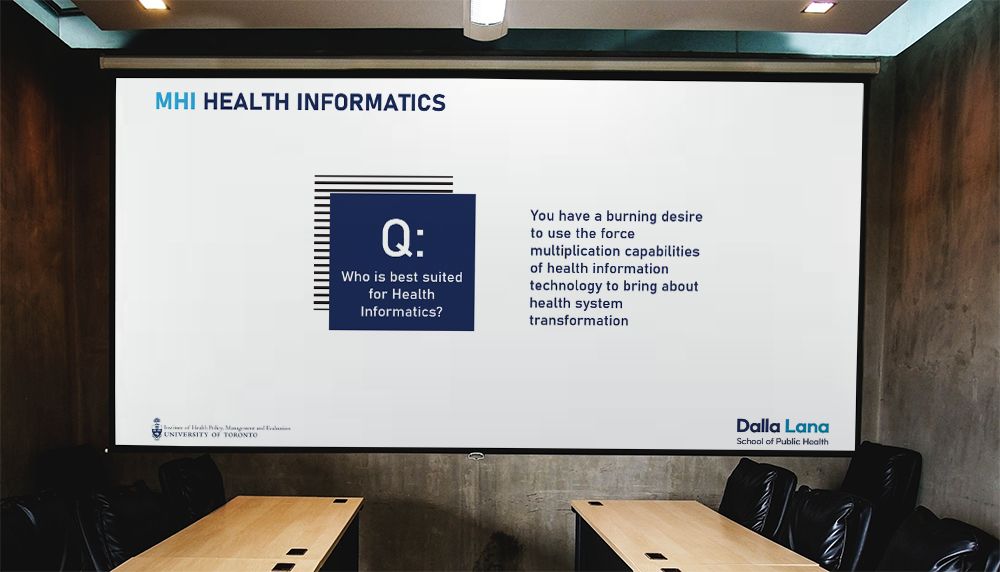Application to the Master of Health Informatics (MHI) program at University of Toronto (UofT) is highly competitive. A key component to your application is the 2-page letter of intent. The letter of intent offers you the opportunity to personalize your application by highlighting your uniqueness – your unique experience, achievements, skills, and professional interests. You want to seize this opportunity to convince the admissions committee to admit you. Explain to them why might you be a stronger candidate for the MHI program, and be more successful and effective in the health informatics field.
In this blog, I’m here to help you dissect the letter of intent and offer you a framework for writing this essay for UofT MHI admissions. This guide is written based on my successful admissions experience, my previous years of experience in editing other applicants’ letter of intent, my hundreds of hours of admissions research, my notes from attending UofT MHI admissions seminars, and also my over 5 years of insight in the health informatics field at work.
Let’s first begin by reviewing the guidelines provided by UofT MHI admissions committee. There are 4 key areas where your application will be assessed:
Preference will be given to candidates who:
- Have demonstrated leadership in a volunteer or professional capacity (leadership)
- Can articulate a vision for improvement in the healthcare system (vision)
- Can articulate how they will contribute to the solution of key issues in the healthcare system (your contribution/goal)
- Can demonstrate concern for vulnerable populations (understanding of healthcare)
They have also given a description to what your letter of intent should include:
Letters of intent should demonstrate how you have developed a vision and understanding of health informatics through your own life and career experiences.
-- University of Toronto MHI admissions website
In your letter of intent, you are asked to discuss both your vision and understanding of health informatics. Your vision is related to key area #2 and it refers to your idea of how health informatics will improve healthcare in the future (more details below). Your understanding is related to key area #4 and it refers to what you know about health informatics and how it affects vulnerable populations (more details below). To make your letter of intent cohesive, you want to describe how your understanding influences your vision.
In addition to describing your vision for health informatics, you want to also explain how you plan to contribute to making your vision of future of health informatics a reality (key area #3). Ensure your plan to contribute to your vision includes an element of leadership. The graduate MHI degree at University of Toronto is interested in training future leaders of the health informatics field (key area #1). To that end, they ask that you previously demonstrate some leadership qualities before enrolling in the MHI program. Spend some time to reflect on your experiences and pick leadership examples that both demonstrate your strong desire to improve healthcare through informatics and to lead and make contributions in a meaningful way. The combination of your motivation and skills is an indication of your suitability for a master's degree in health informatics (see Q&A in Figure 1 from MHI admissions seminar).

The detailed guide below for UofT MHI letter of intent offers you a framework and a template that addresses all 4 key areas and adhere to the guidelines set out by admissions committee. It also enables you to best portray yourself as a desirable candidate for the MHI degree at UofT. Remember, only the applicants who best portray themselves as best future health informatics professionals who are fit for UofT MHI are admitted, not necessarily those who actually are. Portraying yourself is a whole different skillset independent of health informatics.
Letter of Intent Strategy and Framework
You want to begin your writing process by defining a central thesis, or a main idea that you want to convey in your letter of intent. This central thesis enables you to unify your letter of intent focusing your examples toward strengthening this single main idea for the admissions committee. A strong central thesis has the following characteristics:
